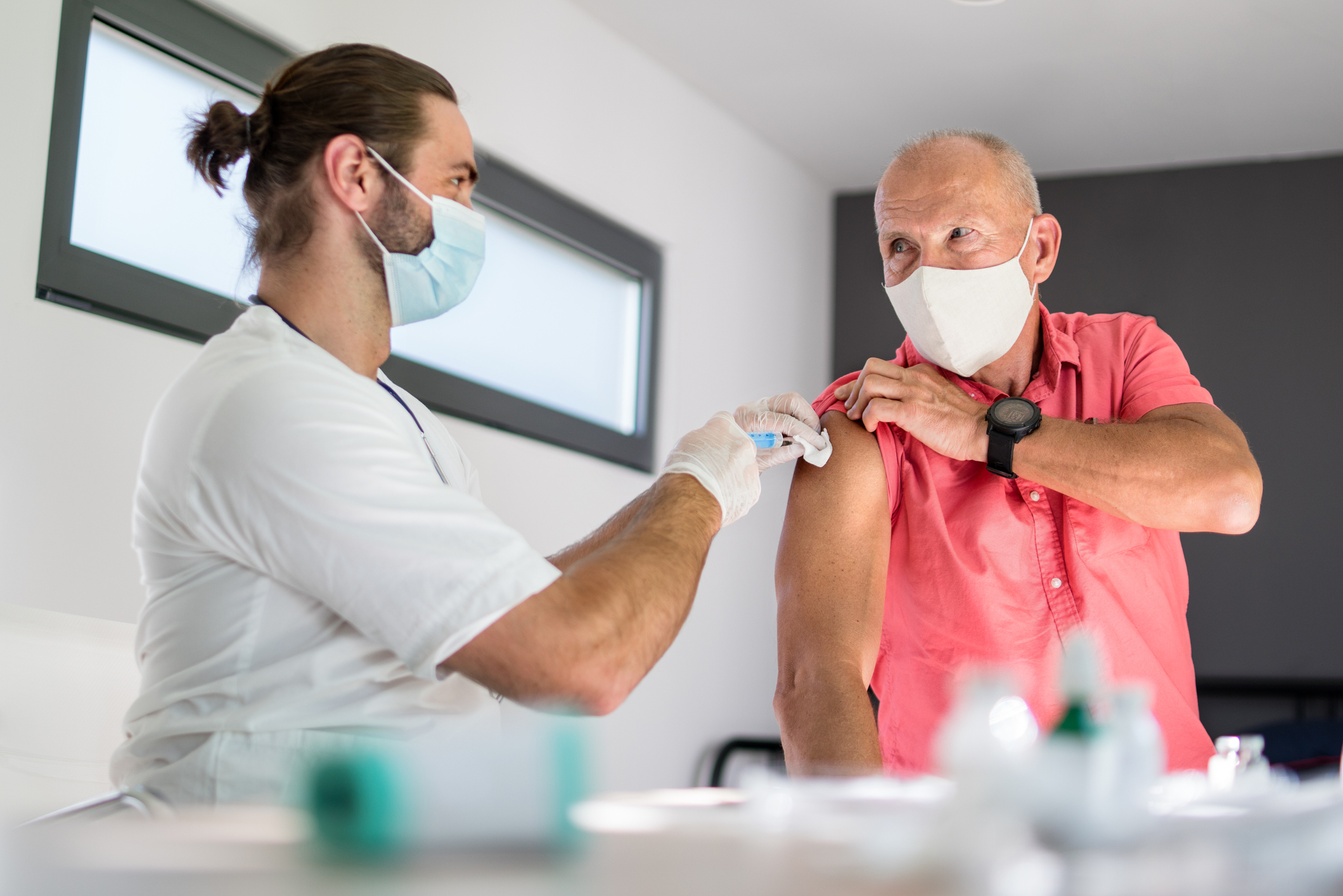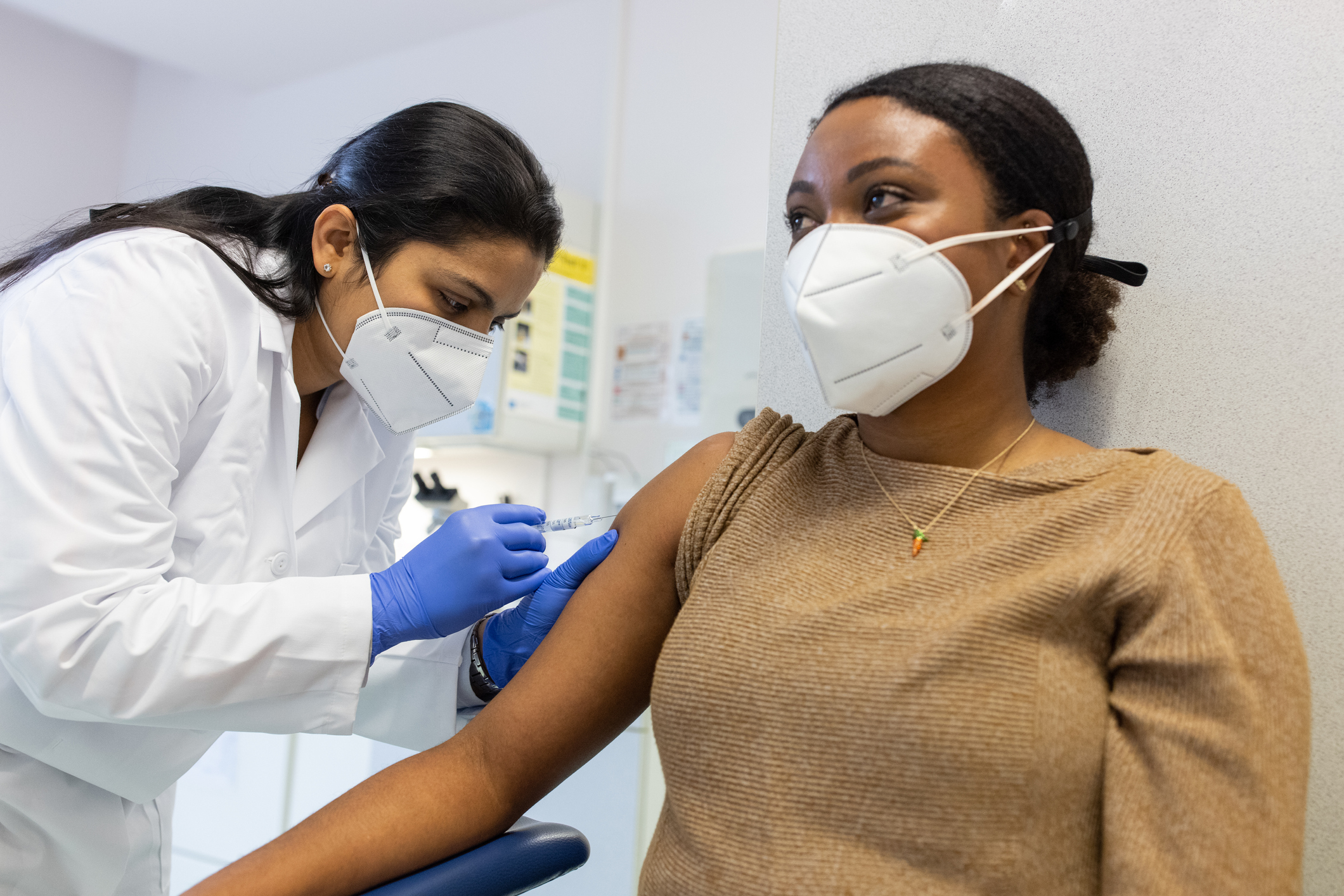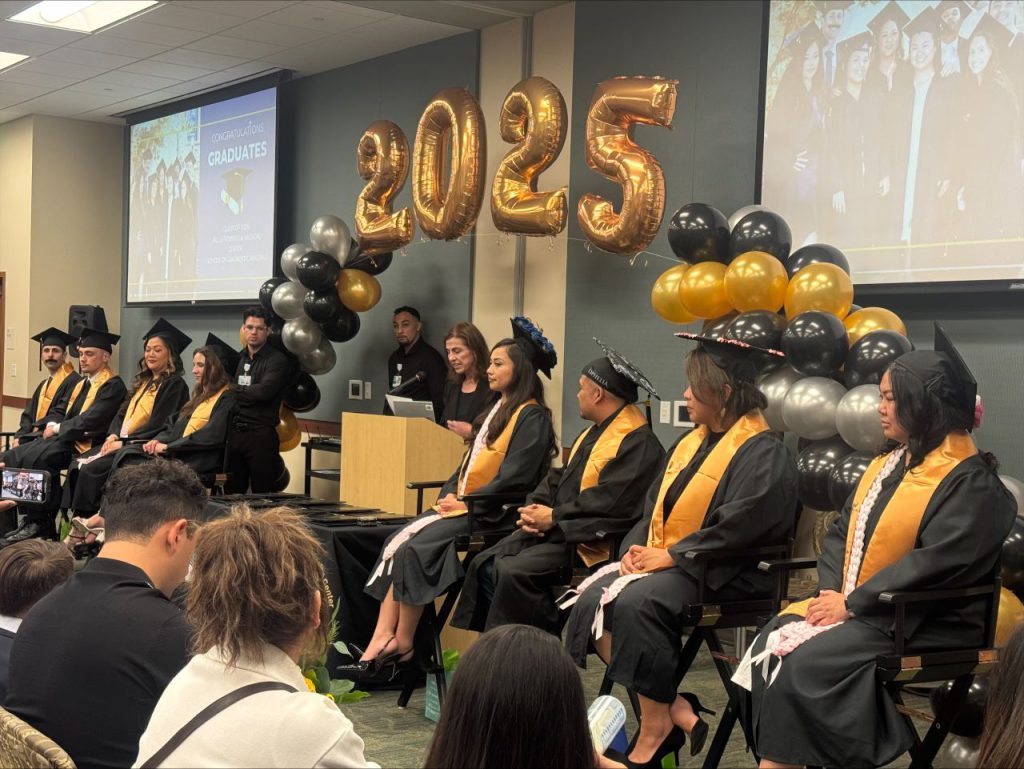Receiving this year’s flu shot and the newly-approved COVID bivalent booster offer protection against both circulating viruses, says infectious disease expert.
With countries like Australia and New Zealand reporting their worst flu season in five years, a Northern California infectious disease expert is expecting the seasonal flu to make a comeback here, too.

Dr. Jeffrey Silvers, Medical Director of Pharmacy & Infection Control at Sutter Health
“It’s looking increasingly like influenza may be back,” said Dr. Jeffrey Silvers, medical director of pharmacy and infection control at Sutter Health. “I don’t have a crystal ball, so to what degree that will be in the United States and here in Northern California it’s too early to tell.”
When COVID hit in the winter of 2019-20, it took over as the reigning viral infection, surging and waning throughout the last two years as different variants emerged. Thanks to public health measures taken to combat COVID, like social distancing, increased hand hygiene and masking, annual flu cases plummeted.
This year, as society charges into the post-pandemic era, the dreaded flu virus may get added to the mix. The good news is there’s something we can all do.
“The common thread for these viruses – flu and COVID – and even other emerging infections like monkeypox and polio – is to get vaccinated,” said Dr. Silvers. “And there are good vaccines for each of these.”
Dr. Silvers is featured in a San Francisco Chronicle story on flu. Read here.
Well-matched vaccines for flu & COVID strains
Infectious disease experts and doctors say that now is the optimal time window to vaccinate for both viruses.
This year’s flu vaccine formula looks to be well-matched for the Influenza A strain (H3N2) currently circulating in low levels in many places in the world, as well as the three other influenza strains that might also appear. Similarly, the new bivalent COVID booster is formulated such that it offers both broad protection against the original SARS-CoV-2 strain and better protection against the BA.4 and BA.5 subvariants.
National health officials like Food & Drug Administration (FDA) commissioner Dr. Robert M. Califf, offered the public this recommendation in a recent press announcement, “As we head into fall and begin to spend more time indoors, we strongly encourage anyone who is eligible to consider receiving a booster dose with a bivalent COVID-19 vaccine to provide better protection against currently circulating variants.”

The risk for severe illness with COVID-19 increases with age, with older adults at highest risk.
Key things to know about both vaccines:
- You can get your COVID-19 bivalent booster at the same time as your flu shot.
- It takes roughly two weeks for both vaccines to become effective at preventing disease so you should plan ahead if you’re thinking of traveling or attending an event with other people.
Flu vaccine
- Who should get it? The Centers for Disease Controls and Prevention (CDC) recommends that everyone 6 months of age and older get the flu vaccine. Pregnant women, young children, the elderly and people with certain health conditions are at greater risk for severe flu complications.
- When should you get it? The ideal time to get your flu vaccine runs from the end of September through November.
- What’s new for the 2022/2023 flu season? This year, the CDC advises that everyone 65 and older should get the enhanced version of the flu vaccine since it offers stronger protection against infection.
COVID bivalent booster
- Who should get it? The CDC and the U.S. Food & Drug Administration (FDA) have granted emergency use authorization of the Pfizer-BioNTech bivalent booster for everyone 12 years and older, and Moderna bivalent booster for everyone 18 years and older. Both vaccines can be given two months after a primary vaccine series or booster vaccination.
- Will getting the bivalent booster prevent me from getting COVID? Getting the bivalent booster may not prevent symptomatic disease, but it has been shown to decrease serious disease, hospitalization and death.
- What if I recently had COVID? If you recently had COVID, you can get the bivalent booster at any time after you’re feeling better and out of isolation (about 10 days after disease). People may also consider delaying boosters for up to three months after infection, depending on risk factors.
- How long will the vaccine’s protection last? Dr. Silvers, like many infectious disease experts, anticipate the new bivalent booster will provide a good amount of protection (or immunity) for about a year, with that protection naturally waning over time.
- Does it matter which vaccine I get – Pfizer or Moderna? Dr. Silvers views these as interchangeable, producing virtually the same immune response.
“You don’t want to miss the opportunity to get vaccinated,” says Dr. Silvers. “If you’re eligible, now is the time.”
Note: This content is not intended to be a substitute for professional medical advice, diagnosis or treatment. Always seek the advice of your physician or other qualified health provider with any questions you may have regarding a medical condition. Never disregard professional medical advice or delay in seeking it because of something you have read on this website





